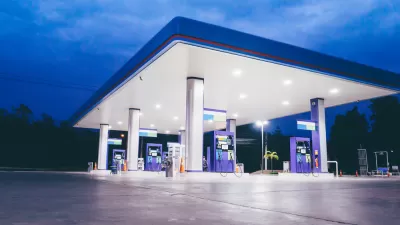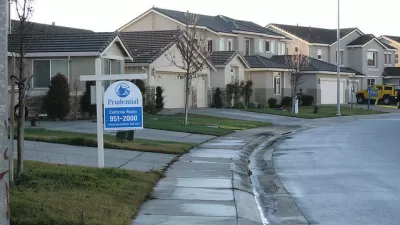Upon gaining the presidency, Senator McCain would make the federal government spend part of its bailout money on bad home mortgages, allowing homeowners to stay put and make payments that reflect their homes' lessened values.
"Under the plan, the government would buy failing mortgages from homeowners and provide new fixed-rate mortgages. As a policy matter, the plan would likely have greater support among Democrats than Republicans. Economists with the liberal Center for American Progress have been pushing a similar idea for some time.
[McCain economic adviser Douglas] Holtz-Eakin said the plan would help stabilize the plunging values of mortgage-backed securities that have been at the heart of the crisis in the financial markets.
'Sen. McCain believes this is exactly the right kind of policy,' Holtz-Eakin said. 'Provide direct help to homeowners; at the same time, support the financial markets and keep them from further damaging the availability of credit to Main Street America, one of the - the real threats to the economy at this point in time.
The Treasury's current plans for the money, however, could be well under way by the time a new administration is sworn in next year, leaving fewer options for a new administration.'"
FULL STORY: McCain plan would buy bad homeowner mortgages

Planetizen Federal Action Tracker
A weekly monitor of how Trump’s orders and actions are impacting planners and planning in America.

Map: Where Senate Republicans Want to Sell Your Public Lands
For public land advocates, the Senate Republicans’ proposal to sell millions of acres of public land in the West is “the biggest fight of their careers.”

Restaurant Patios Were a Pandemic Win — Why Were They so Hard to Keep?
Social distancing requirements and changes in travel patterns prompted cities to pilot new uses for street and sidewalk space. Then it got complicated.

Platform Pilsner: Vancouver Transit Agency Releases... a Beer?
TransLink will receive a portion of every sale of the four-pack.

Toronto Weighs Cheaper Transit, Parking Hikes for Major Events
Special event rates would take effect during large festivals, sports games and concerts to ‘discourage driving, manage congestion and free up space for transit.”

Berlin to Consider Car-Free Zone Larger Than Manhattan
The area bound by the 22-mile Ringbahn would still allow 12 uses of a private automobile per year per person, and several other exemptions.
Urban Design for Planners 1: Software Tools
This six-course series explores essential urban design concepts using open source software and equips planners with the tools they need to participate fully in the urban design process.
Planning for Universal Design
Learn the tools for implementing Universal Design in planning regulations.
Heyer Gruel & Associates PA
JM Goldson LLC
Custer County Colorado
City of Camden Redevelopment Agency
City of Astoria
Transportation Research & Education Center (TREC) at Portland State University
Camden Redevelopment Agency
City of Claremont
Municipality of Princeton (NJ)




























